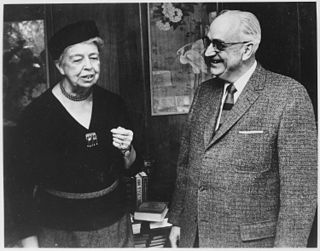A Quote by Siri Hustvedt
Every time the DSM prepares for a new edition, there are countless groups lobbying to get their particular mental illness recognized by the diagnostic manual. Surely, this is a social and cultural phenomenon.
Related Quotes
When I talk to the National Alliance on Mental Illness (NAMI) and other patient support groups, I take questions at the end. At one talk I was asked, "What's the difference between yourself and someone without mental illness?". At another talk I was asked, "How do you make the voices be not so mean?". I wish I knew.
The very term ['mental disease'] is nonsensical, a semantic mistake. The two words cannot go together except metaphorically; you can no more have a mental 'disease' than you can have a purple idea or a wise space". Similarly, there can no more be a "mental illness" than there can be a "moral illness." The words "mental" and "illness" do not go together logically. Mental "illness" does not exist, and neither does mental "health." These terms indicate only approval or disapproval of some aspect of a person's mentality (thinking, emotions, or behavior).
When you have mental illness you don't have a plaster or a cast or a crutch, that let everyone know that you have the illness, so people expect the same of you as from anyone else and when you are different they give you a hard time and they think you're being difficult or they think you're being a pain in the ass and they're horrible to you. You spend your life in Ireland trying to hide that you have a mental illness.
If ever we needed in this country to adopt a new attitude towards homosexuality, this is the time. Instead of treating it as a crime, and driving it underground, we ought to recognize it for what it is: it's a mental illness, it's a psychiatric condition which ought to be treated sympathetically by psychiatrists and social workers.







































